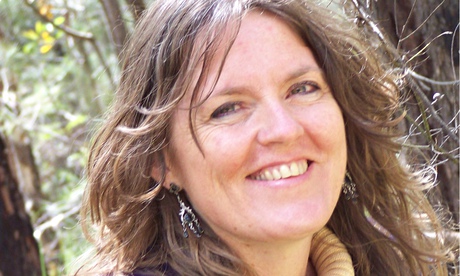
It’s the article that refused to … well, die. In November 2009, songwriter Bronnie Ware started a blog, gently musing about travel, the natural world and, oddly, possums. But her fourth post changed her life. Drawing on the eight years she spent as a live-in carer for terminally ill patients, she wrote about the five recurring themes that haunted many of the people she cared for. She called it Regrets of the Dying.
She was pleasantly surprised when she started getting emails from strangers commenting on it. But it wasn’t until a year later that she realised how popular it had become – her website statistics showed that a million people had read it. From that point, the blog took on a life of its own and by 2012, more than eight million people had read the post. She wrote a memoir based on it, which was translated into 27 languages, and became a motivational speaker. When the Guardian wrote about the book and the blog that started it, the article popped up on the website’s most-read list, and two years later it is still there, with more than 6.5m page views to date.
Today, Ware has stopped counting her readers. But with her second book out, Your Year for Change, she says she has some theories about its wild popularity. The fact it is so short helps, she admits – just 792 words. “It is simple, and straight to the point,” she tells me from her home in Australia. “I could have made it seven or eight regrets, but when I got down to it I realised they were the same regrets but from a different angle.”
She believes the voice of those facing death has a gentle authority because confronting our own mortality reminds us that we “only have a limited time to live the life we choose ourselves”.
More importantly, she believes it “gives people permission to change direction. That’s what it triggers – it’s a wakeup call and gives them permission to change tack”. Because while the regrets are hardly unexpected (wishing you had lived the life you wanted, that you hadn’t worked so hard, that you had expressed your feelings, stayed in touch with friends and let yourself be happier), Ware says it has had a huge impact.
“I have been brought to tears by the stories people have shared – others have made me cheer,” she says. “Gay guys coming out to their families, people quitting their jobs to follow the path they always wanted. People leaving relationships or going into them.”
Not everyone is convinced. Critics – including commentators on the Guardian website – claimed the advice was flaky or self-indulgent, and have taken issue with the idea that working hard is necessarily negative. But Ware says that while her article does not pretend to be based on scientific research, it is “based on years of observation” and on the conversations that came up again and again with patients – many of whom were anxious to pass on details of how they felt.
“I was with dying people who said to me: ‘Please share my message so others learn by my mistakes,’” she says. She disagrees that the regrets are self-indulgent, pointing out that being happier benefits those around you.
Ware thinks the article may continue to find new readers for a long time: “As long as there is a denial about death on a societal level, there will always be a need for these little subtle messages.” And one thing is clear in her own life: “The blog is not a regret, for sure!”

